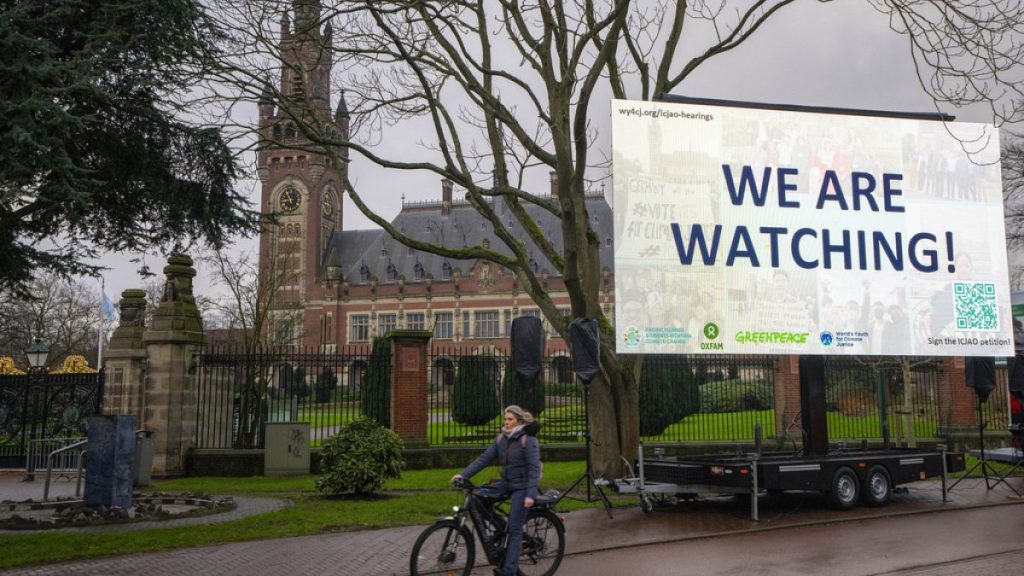The impact of human-induced climate change is now a global reality, prompting extensive research into the psychological drivers behind pro-environmental behaviors. A recent study conducted by researchers from the M. Nencki Institute of Experimental Biology, the Norwegian University of Science and Technology, and SWPS University delved into the complex relationship between emotions and climate action. The research reveals a nuanced interplay between transient emotional responses and long-term emotional engagement, highlighting the crucial role of sustained emotional commitment in driving meaningful change.
The study underscores the prevalence of a wide range of emotions associated with climate change, including anger, helplessness, enthusiasm, loneliness, guilt, sadness, contempt, and fear. Researchers developed the Climate Emotion Inventory to categorize these emotional reactions. While initial findings suggested a disconnect between short-term emotional responses and pro-environmental actions, further investigation revealed the significance of sustained emotional engagement. Specifically, long-term feelings of sadness, anger, and guilt were found to be strong motivators for pro-climate decisions. This suggests that while fleeting emotional reactions might not translate directly into action, the cumulative effect of long-term emotional engagement can significantly influence behavior.
The concept of “solastalgia,” a profound sense of sadness and distress caused by environmental degradation, emerged as a key theme in the research. This emotional experience is akin to grief, reflecting the sense of loss associated with witnessing the detrimental effects of climate change on familiar landscapes and ecosystems. Older individuals, in particular, often experience solastalgia more intensely, as they can compare present environmental conditions with the vastly different landscapes of their youth. This highlights the emotional toll of witnessing gradual environmental degradation over time.
The study’s findings challenge the assumption that short-term emotional appeals are sufficient to motivate pro-environmental behavior. Experiments involving exposure to emotionally charged narratives versus neutral stories demonstrated no significant difference in participants’ willingness to donate to climate-related causes. Similarly, offering participants a choice between reducing CO2 emissions and accepting a financial reward revealed no correlation between short-term emotions and pro-climate choices. These results suggest that transient emotional responses, while potentially impactful in the moment, lack the staying power to influence long-term behavioral change.
However, the research indicates that long-term emotional engagement, particularly feelings of anger, sadness, and guilt, can be powerful drivers of pro-environmental action. MRI scans of participants who had previously rated the intensity of their climate-related emotions revealed that those experiencing sustained sadness, anger, and guilt were more likely to make pro-climate decisions. These findings emphasize the importance of cultivating long-term emotional investment in environmental issues, suggesting that sustained engagement is more effective than fleeting emotional responses in motivating meaningful change.
The researchers conclude that while anger can be a powerful initial motivator, it needs to be channeled effectively to avoid becoming unproductive. Sustaining anger and translating it into concrete action requires a combination of hope, collective action, and a sense of community. These positive emotions and social connections help combat burnout and strengthen the resolve to engage in pro-environmental behaviors. The research emphasizes the importance of fostering a sense of shared responsibility and collective efficacy to overcome the challenges of climate change, highlighting the potential for collective action to transform entire systems.














